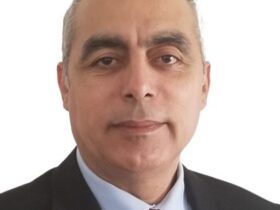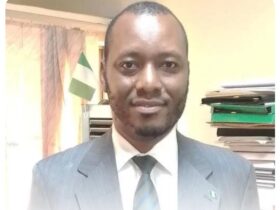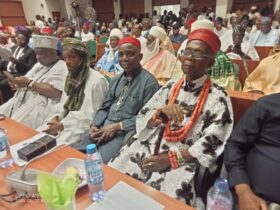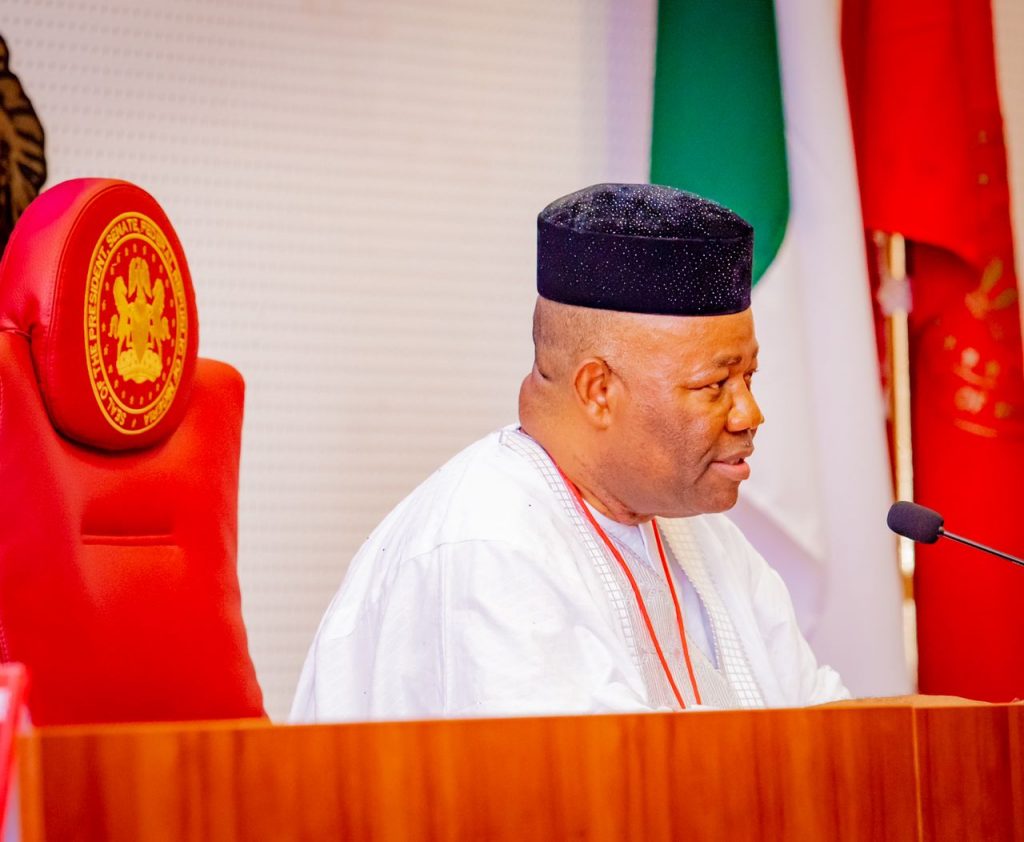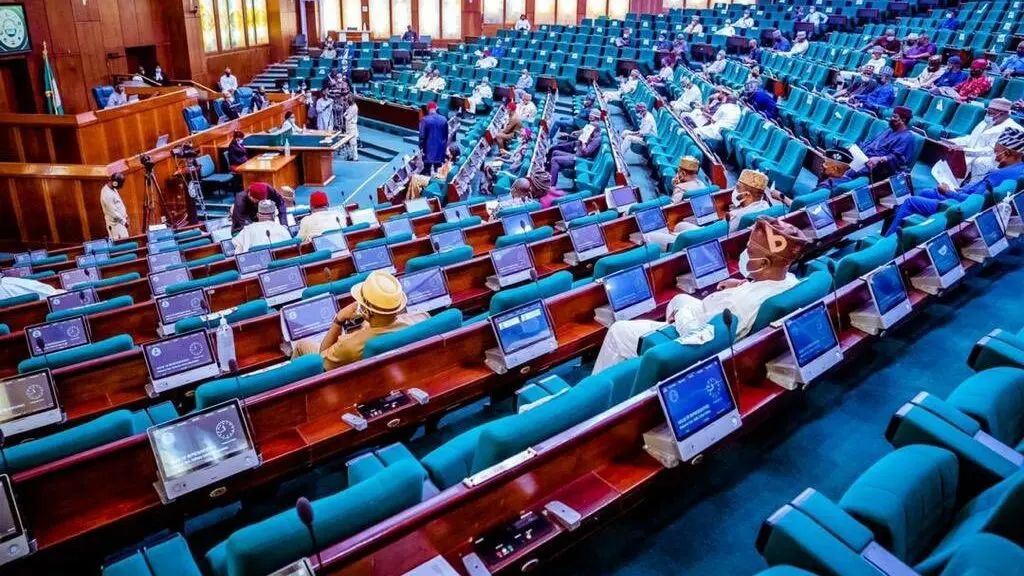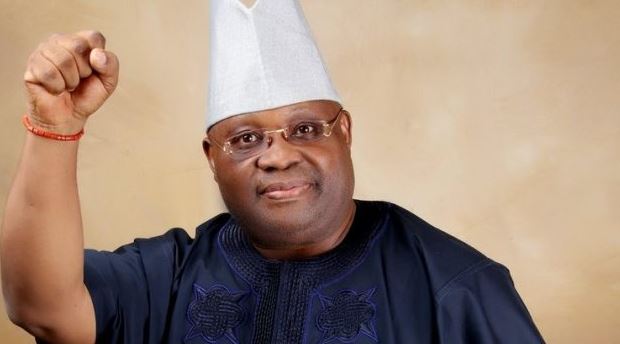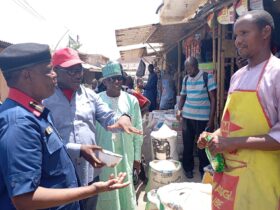- BUA Foods’ shares jumped more than 10% from N40 ($0.0968) to N44 ($0.1065) as of press time, Jan. 6.
- The company’s market capitalisation increased to N792 billion ($1.92 billion), as Rabiu’s fortune also increased from $5.3 billion to $7.2 billion.
Nigerian billionaire industrialist Abdul Samad Rabiu is starting the new year off strong. On Thursday, the CEO and Chairman of BUA Group added nearly $1.9 billion to his net worth. Rabius’s fortune stands at $7.2 billion, thanks to the valuation of BUA Foods. His current net worth puts him in the potion of the second-richest man in Nigeria, ahead of Nigerian telecom mogul Mike Adenuga whose net worth is $6.6-billion.
As usual, Rabiu has BUA Foods’ soaring share price to thank. On Wednesday, Jan. 5, the consolidated food business satisfied the listing requirements of its shares on the Nigerian Exchange after it obtained relevant regulatory approvals from the regulatory authorities.
Investors were quick to react when the market opened on Wednesday as a total of 18,000,000,000 (eighteen billion) shares at N40 ($0.0968) were admitted to trading, representing a valuation of N720 billion ($1.74 billion).
BUA Foods’ shares jumped more than 10% from N40 ($0.0968) to N44 ($0.1065) as of press time, Jan. 6. The company’s market capitalisation increased to N792 billion ($1.92 billion), as Rabiu’s fortune also increased from $5.3 billion to $7.2 billion.
Commenting on the listing, Abdul Samad Rabiu, CON, Chairman of BUA Group, said, “I am delighted that yet another member of BUA Group has been listed on the NGX. This shows our commitment to national economic growth and support for the food security drive of the nation in alignment with global sustainability goals.”
We appreciate the continued support of our stakeholders – financial advisers, stockbrokers, suppliers, customers, consumers and members of staff. In particular, we cherish our host communities with whom we continue to entrench very strong and mutually beneficial relationships.”
Meanwhile, President Dangote Group, Aliko Dangote, is the wealthiest person in Africa with a net worth of $19.2 billion, up from $19.1 billion the previous year.
BI Business Inside Africa

